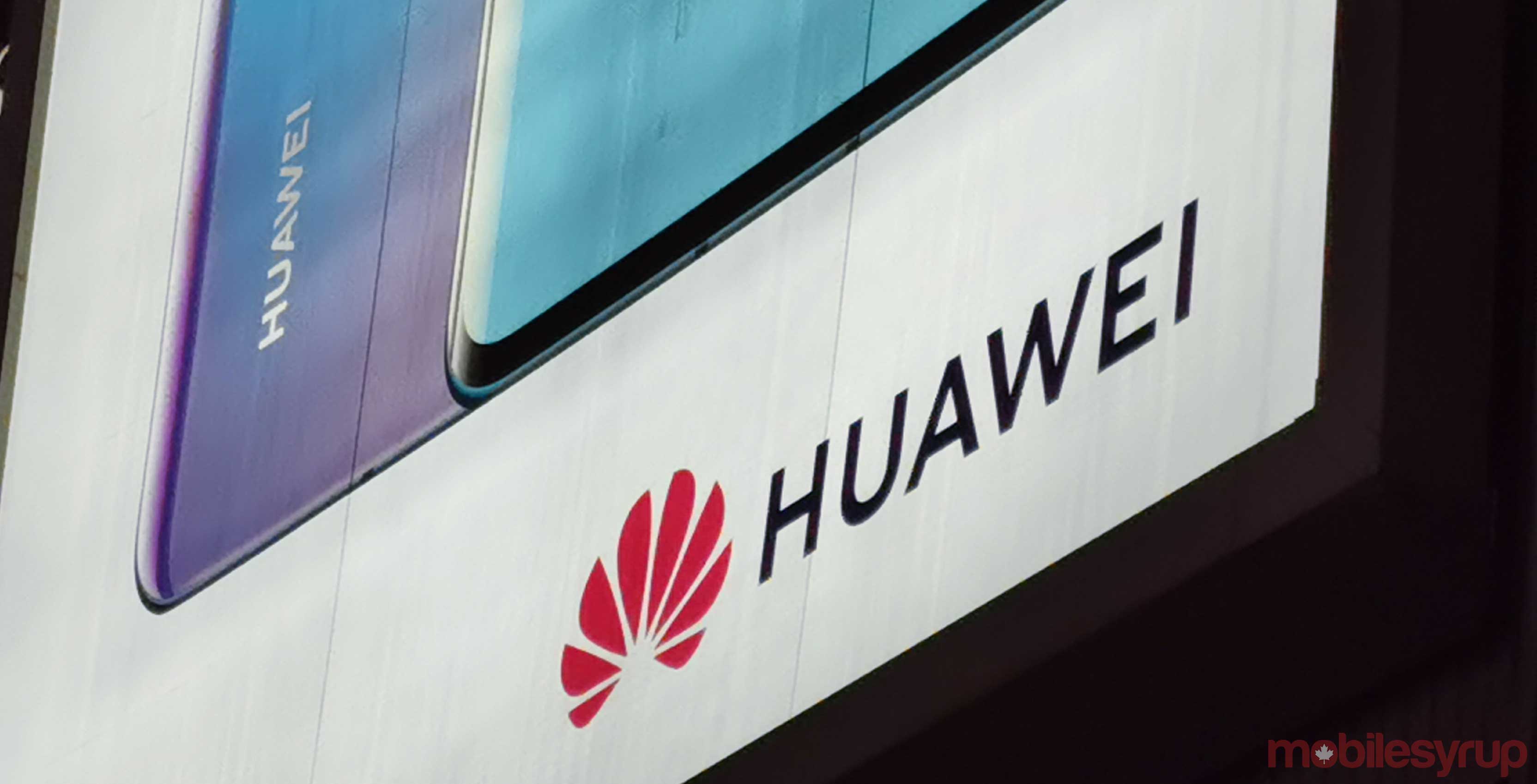
Huawei is reporting a 27 percent revenue jump in Q3 2019, as a result of an increase in smartphone shipments before it was blacklisted by the U.S.
In May, U.S. President Donald Trump placed the China-based telecommunications giant on an Entity List that banned Huawei from working with any U.S. based company. In June, the U.S. Commerce Department said it would provide conditional licences to companies that want to work with Huawei so long as it doesn’t pose a national security threat.
In August, the department also extended the deadline to November for U.S. companies that are working with Huawei to find an alternative.
Huawei reported that most of its smartphone shipments happened before this ban took into effect. It’s worth adding that it’s recently released Mate 30 phone lacks Google’s Play Services. Sales of this phone began last month, and it is still unknown if the phone will release in Canada.
The revenues were not broken down, but in its earnings, Huawei said for the first three quarters of the year it grew 24.4 percent to 610.8 billion yuan (about $113.7 billion CAD).
Based on calculations from what Huawei has said in the past, Reuters reported that in the quarter that ended on September 30th, Huawei’s revenue rose to 165.29 billion yuan (about $30.7 billion CAD).
So far this year, the company said it shipped 185 million smartphones. But despite all of this, growth in the third quarter slowed down from the 39 percent increase Huawei reported in its first quarter.
“Our continued strong performance in Q3 shows our customers’ trust in Huawei, our technology and services, despite the actions and unfounded allegations against us by some national governments,” Huawei spokesman Joe Kelly told Reuters.
Huawei has made continued efforts to work around the Huawei ban, but has also stated it hopes it is able to work with the U.S.
The U.S. has alleged that Huawei uses backdoors to spy on citizens and feeds the information to the Chinese government. Huawei has denied all allegations.
In the meanwhile, Huawei has started production of 5G base stations without any U.S. equipment and has also unveiled Harmony OS, its own operating system.
MobileSyrup may earn a commission from purchases made via our links, which helps fund the journalism we provide free on our website. These links do not influence our editorial content. Support us here.


